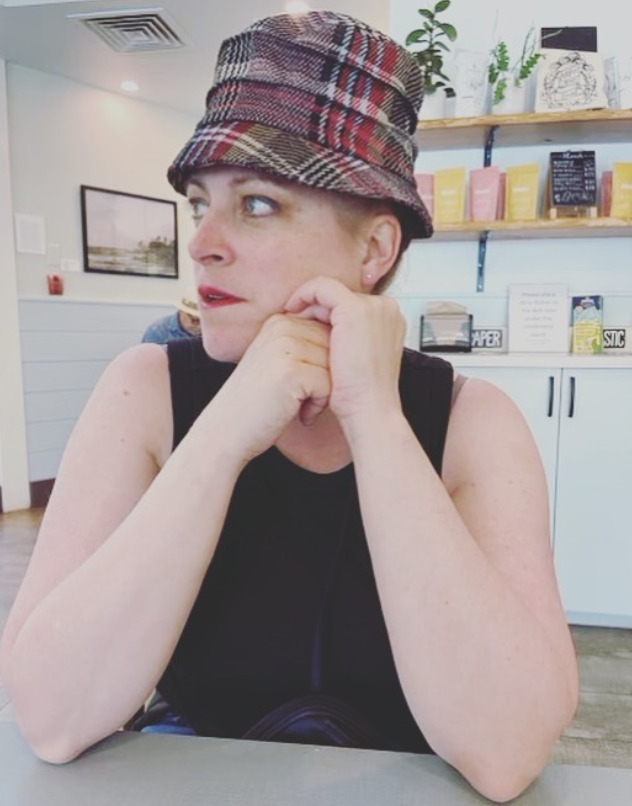The Curse of Knowledge? …Yes Virginia It’s Possible!
As writers/artists and teachers, we mean well, we want people to understand us.
Sometimes though…we are confusing.
Yes Doc, what is a GIGAWATT?
The Reason for Confusion
In Stephen Pinker’s new book The Sense of Style: The Thinking Person’s Guide to Writing in the 21st Century, he includes a chapter titled “The Curse of Knowledge”.
Pinker defines the Curse of Knowledge as “the difficulty we all have in imagining what it’s like not to know something we know.”
In summary, experts have a tendency to forget what the reader might not know. As a result they might confuse the reader by not simplifying enough. He explains further that the curse of knowledge occurs because the writer can’t
“divine the missing steps that seem too obvious to mention, have no way to visualize a scene that to her is as clear as day. And so the writer doesn’t bother to explain the jargon, or spell out the logic, or supply the necessary detail.”
As a result, the reader is lost.

The Solution
Pinker suggests three solutions:
1) Imagine the reader over your shoulder

Sometimes it helps to write out the details of your intended audience so you stay on track. Check out this article for how to do that.
2) Let someone else read it before it goes public.

I find that it helps to have people read your work that are not in the same field as you. As a result, it has to be clear for it to make sense to them.
3) Let the writing sit for a while and come back to it.

This is works. I find on my return it’s 50/50 between “that was awesome!” or “that was so, not awesome!”
Here’s a great example of clarity.
Was it clear?
I think so!
Question I have
How do you test your writing (teaching or art) before sharing?
Until next time…

